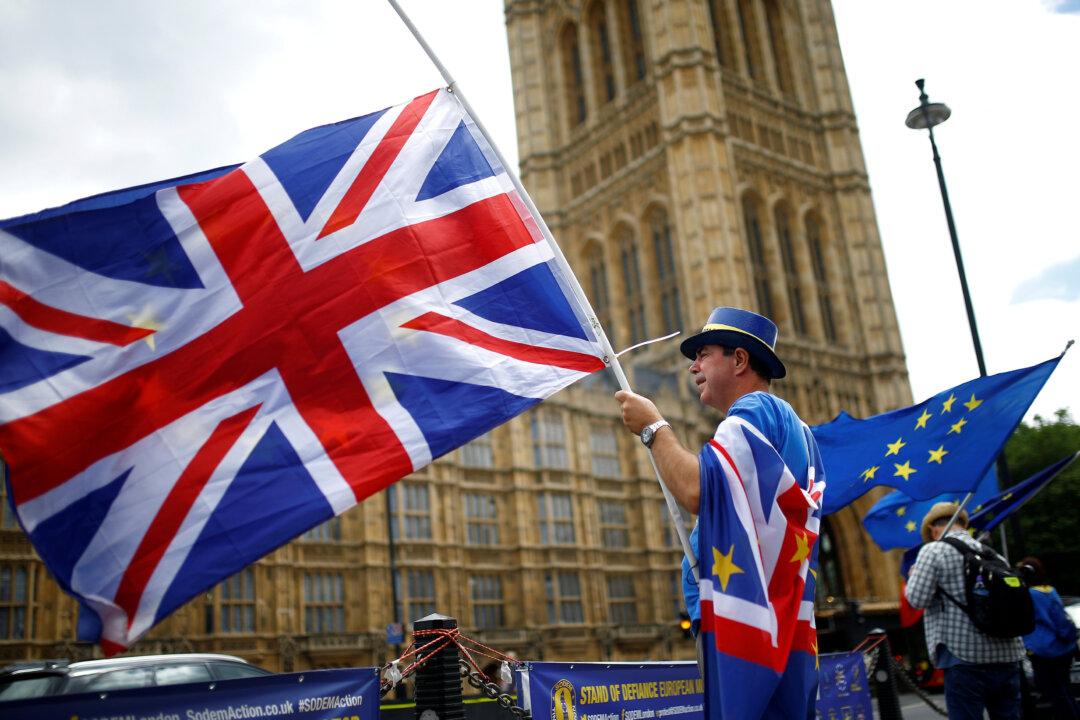LONDON—Like the United States, the United Kingdom is struggling to talk about immigration without the discussion turning into an exercise in name-calling.
“We’ve been unwilling to talk about some difficult issues around both migration and integration for fear of being labeled racist, or just not wanting to provoke a difficult conversation,” said Jill Rutter, director of strategy and relationships at British Future, a nonpartisan think tank focused on integration and immigration.
Rutter said that fear holds some people back from having an open and honest debate.
The debate on immigration hasn’t faded in the nine months since the nation was split 52 to 48 by the vote on Brexit, the British referendum on leaving the European Union. One reason that pundits failed to predict the pro-Brexit vote was that “leave” supporters were “shy voters,” afraid to voice their thoughts.





